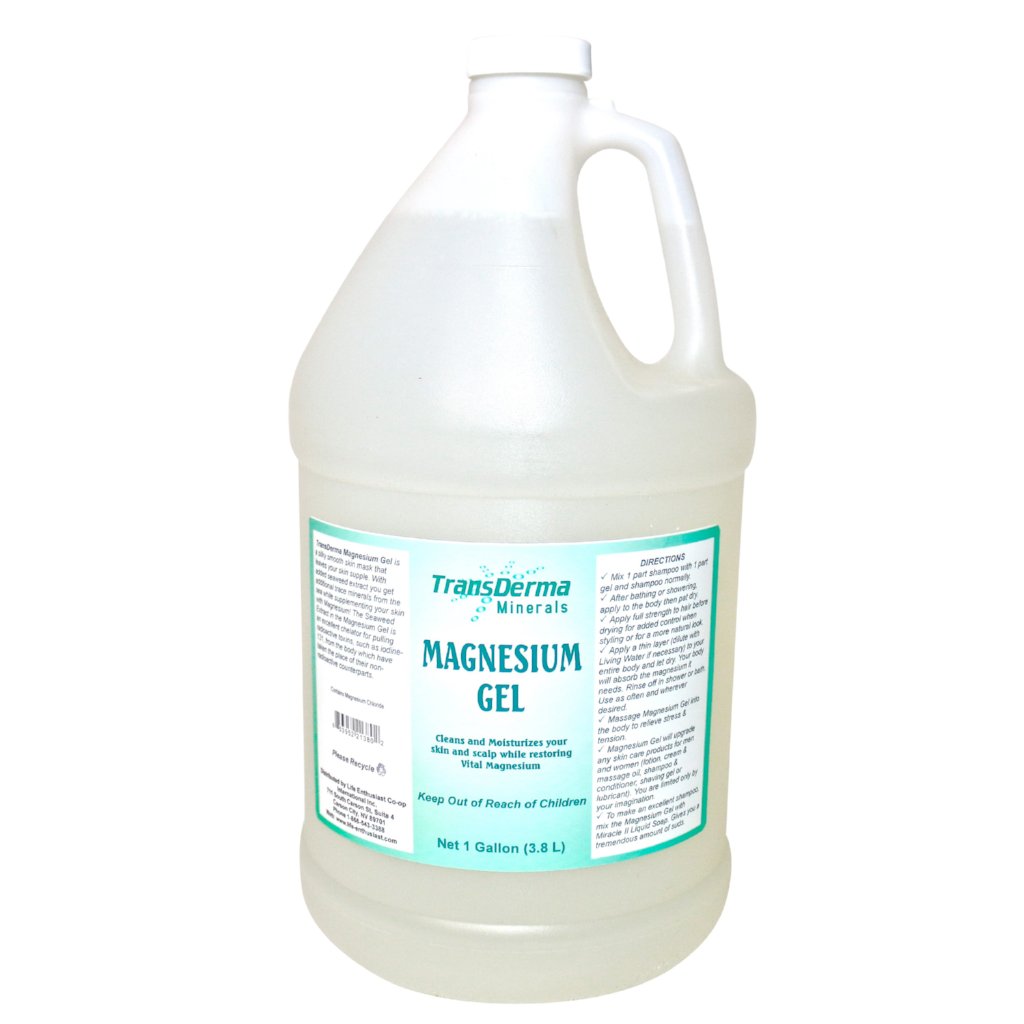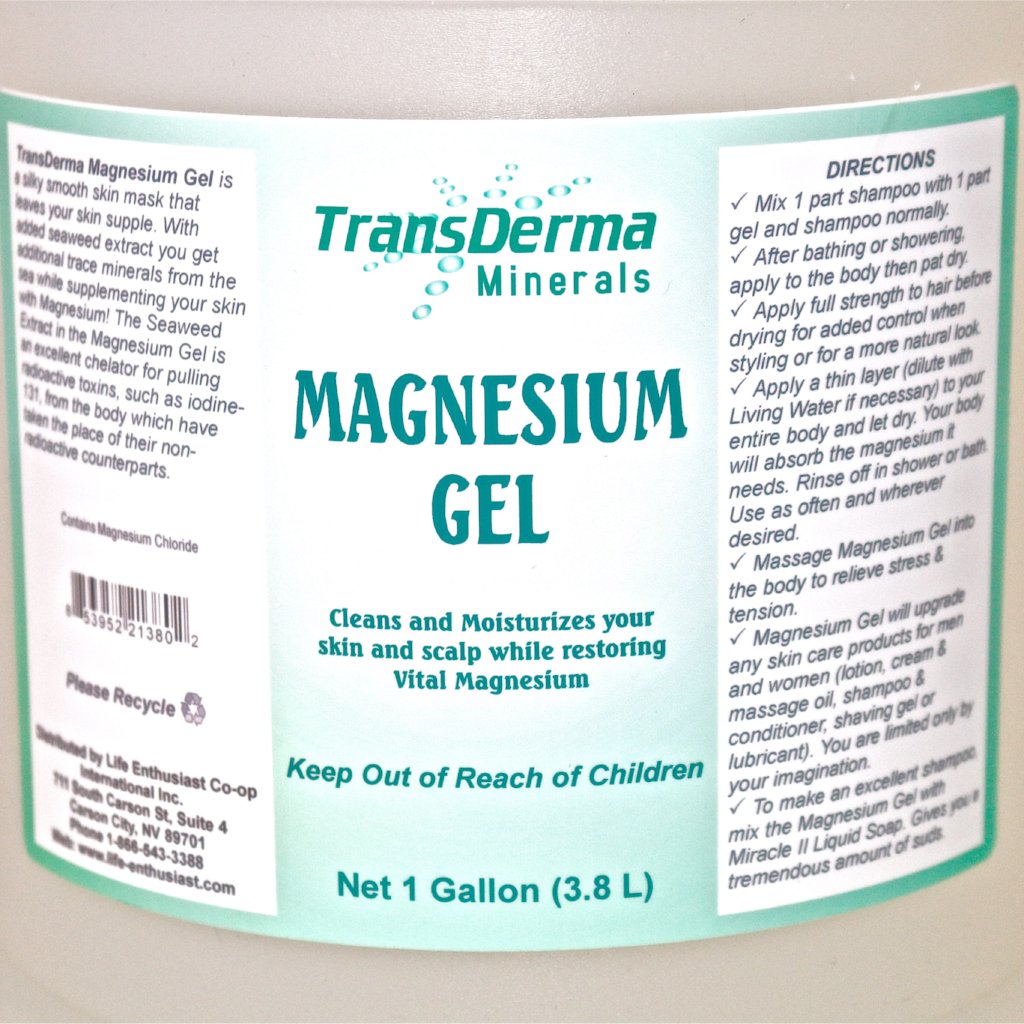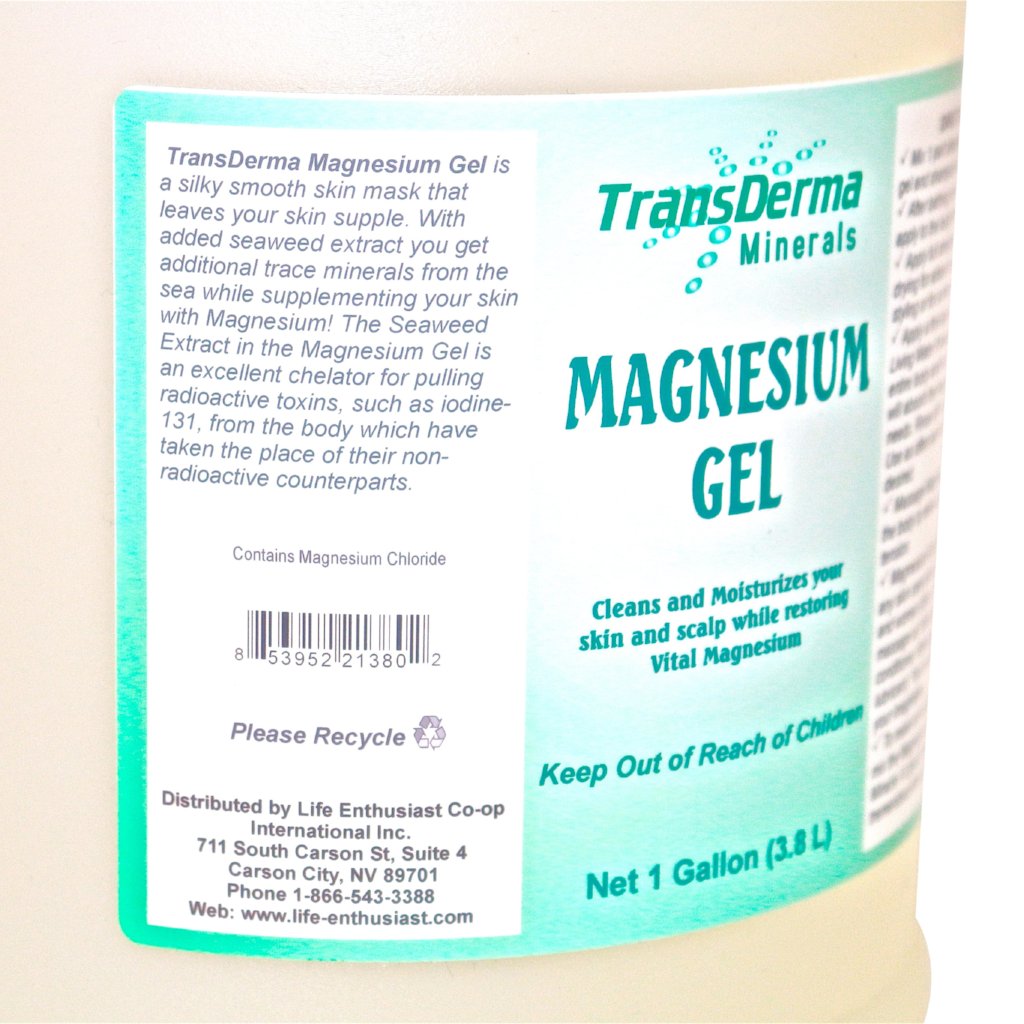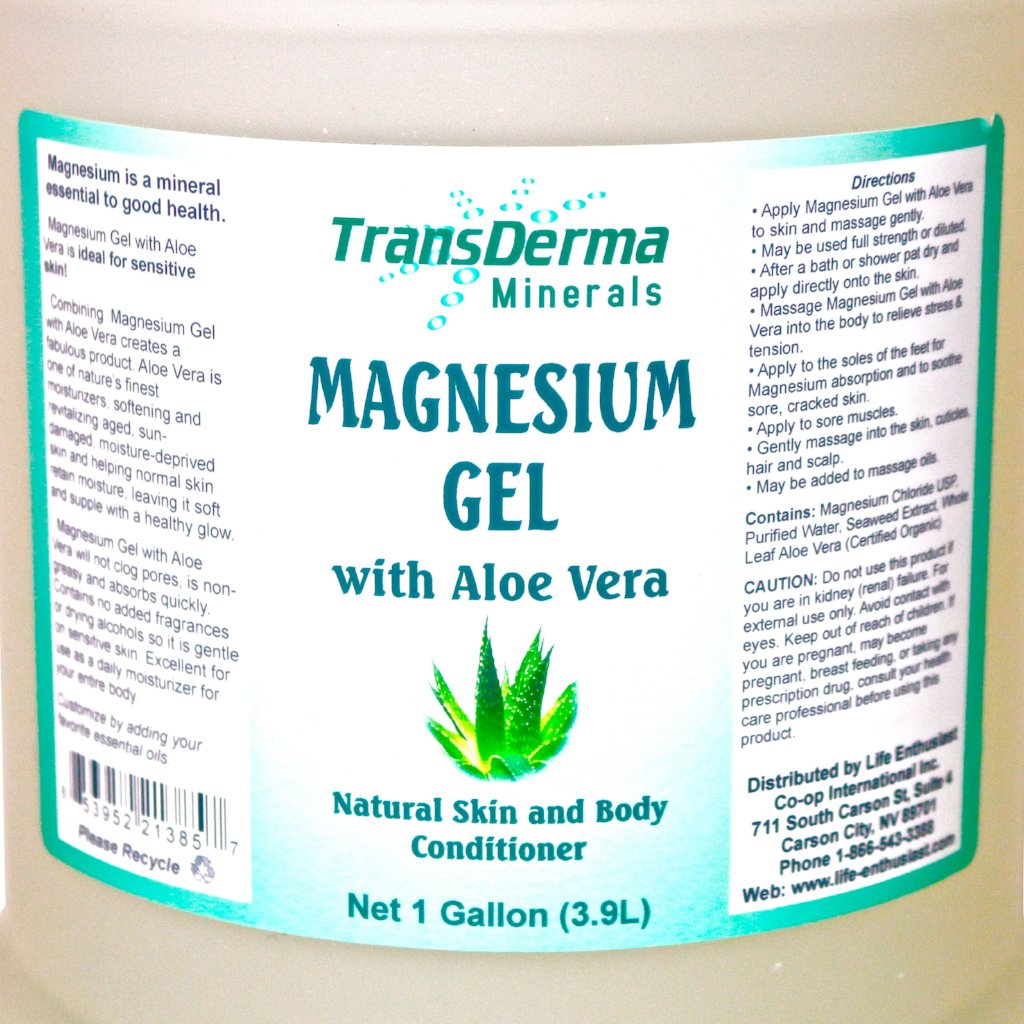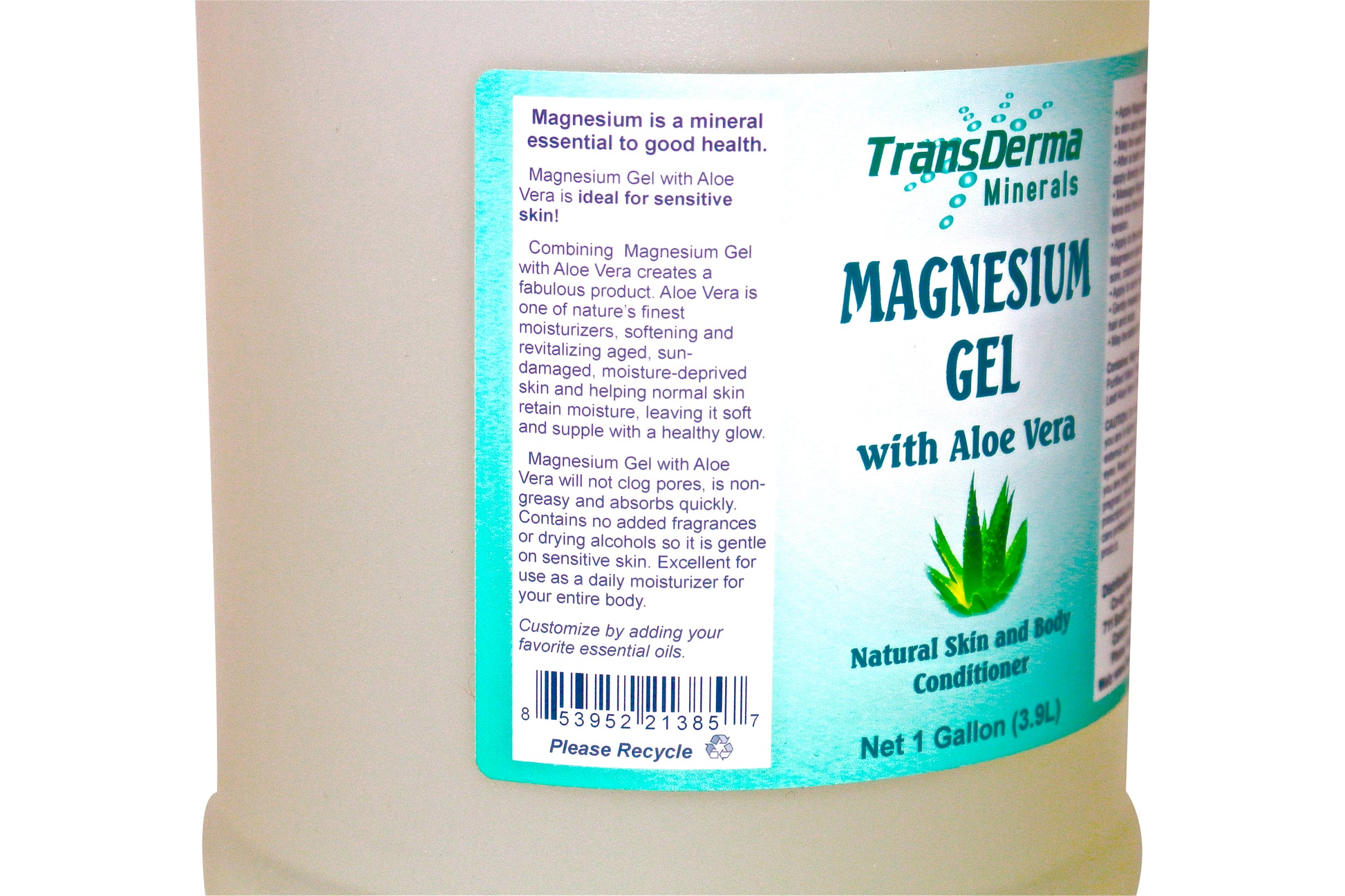










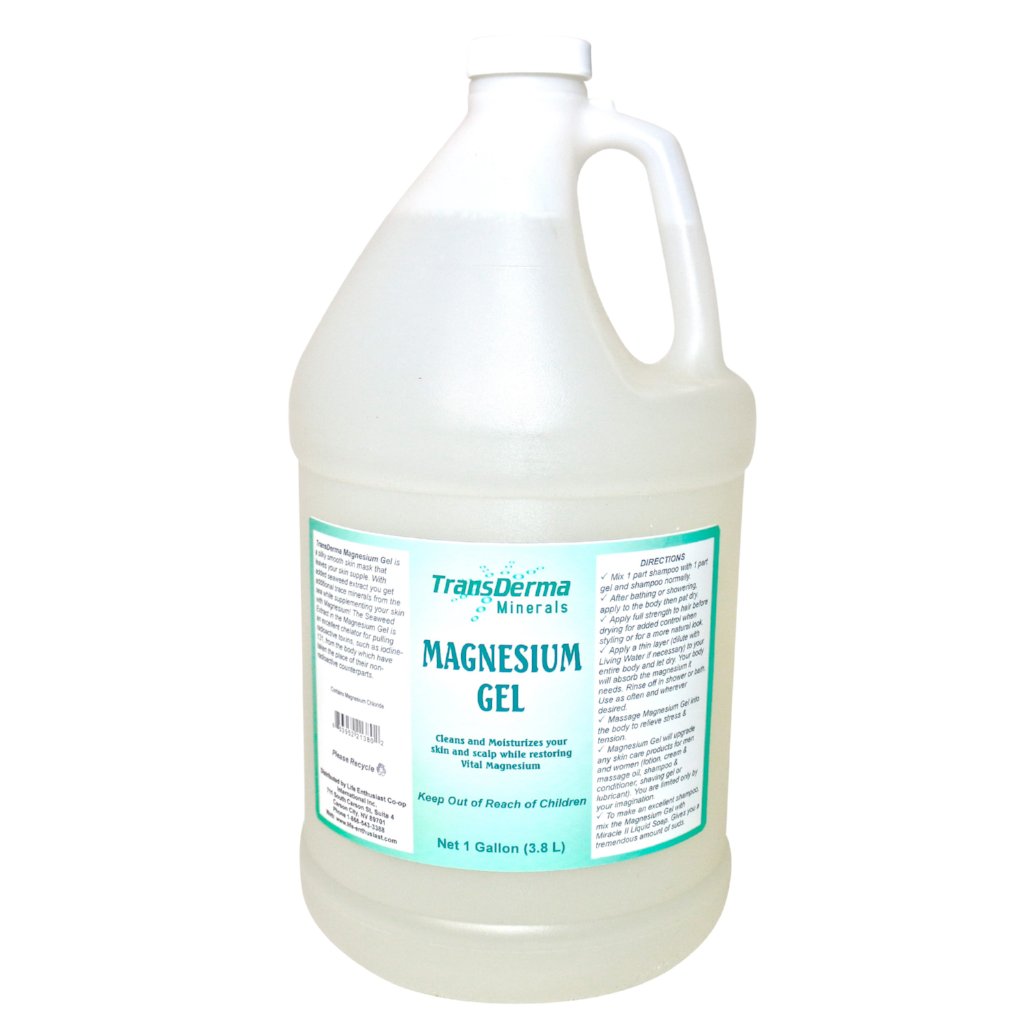
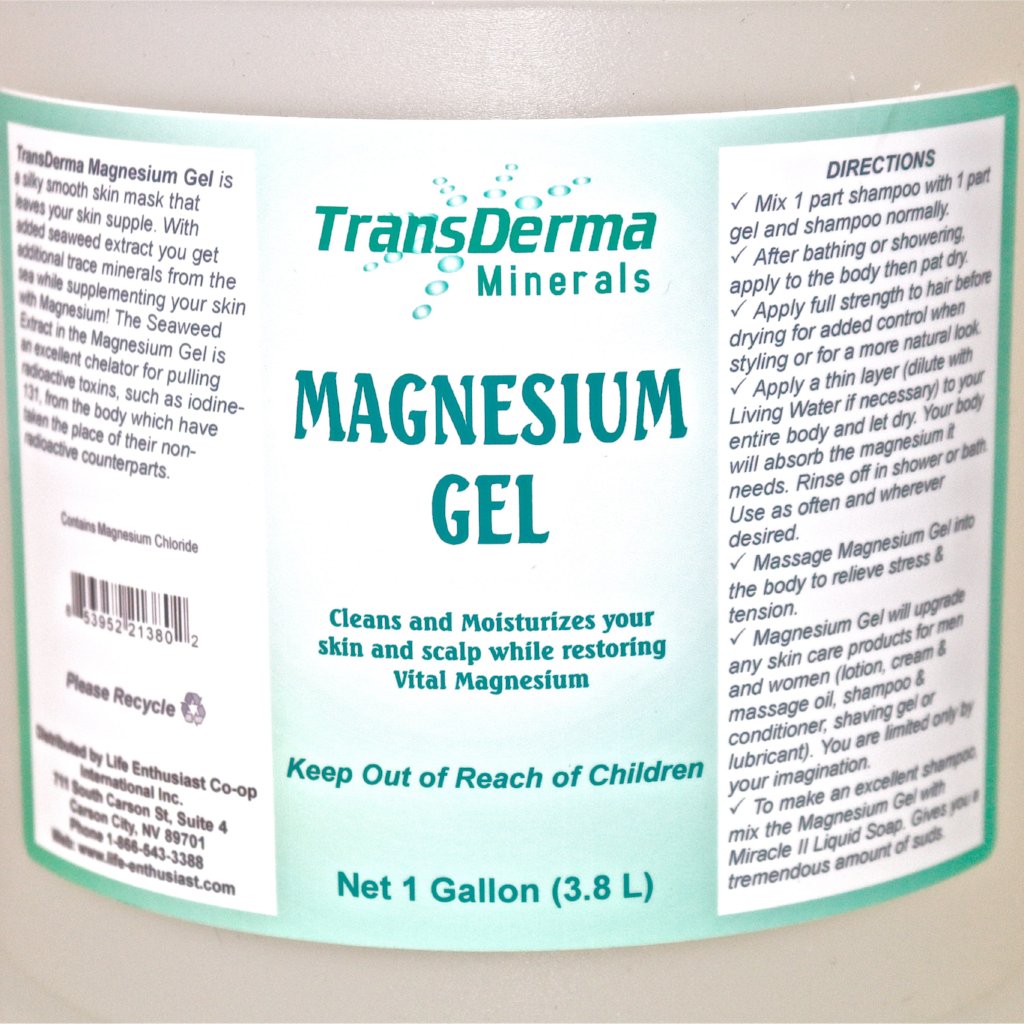

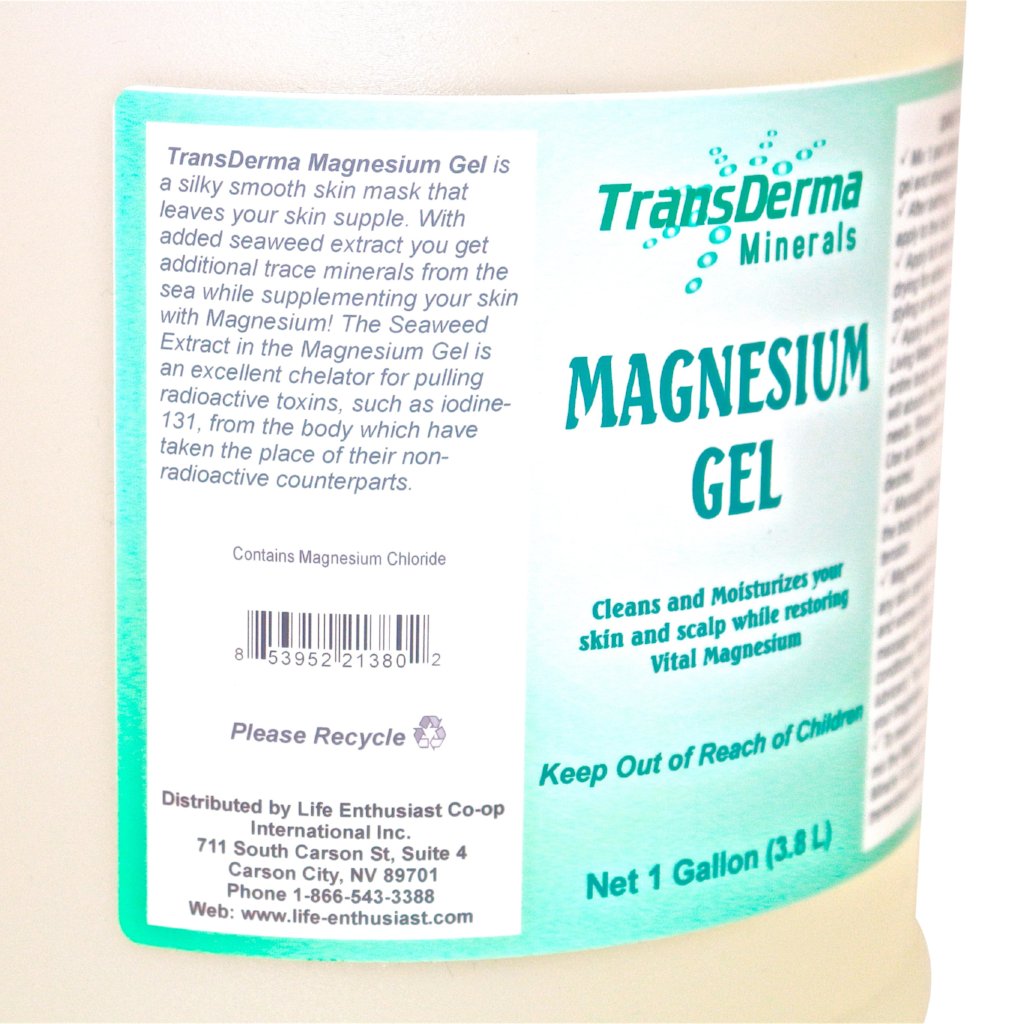

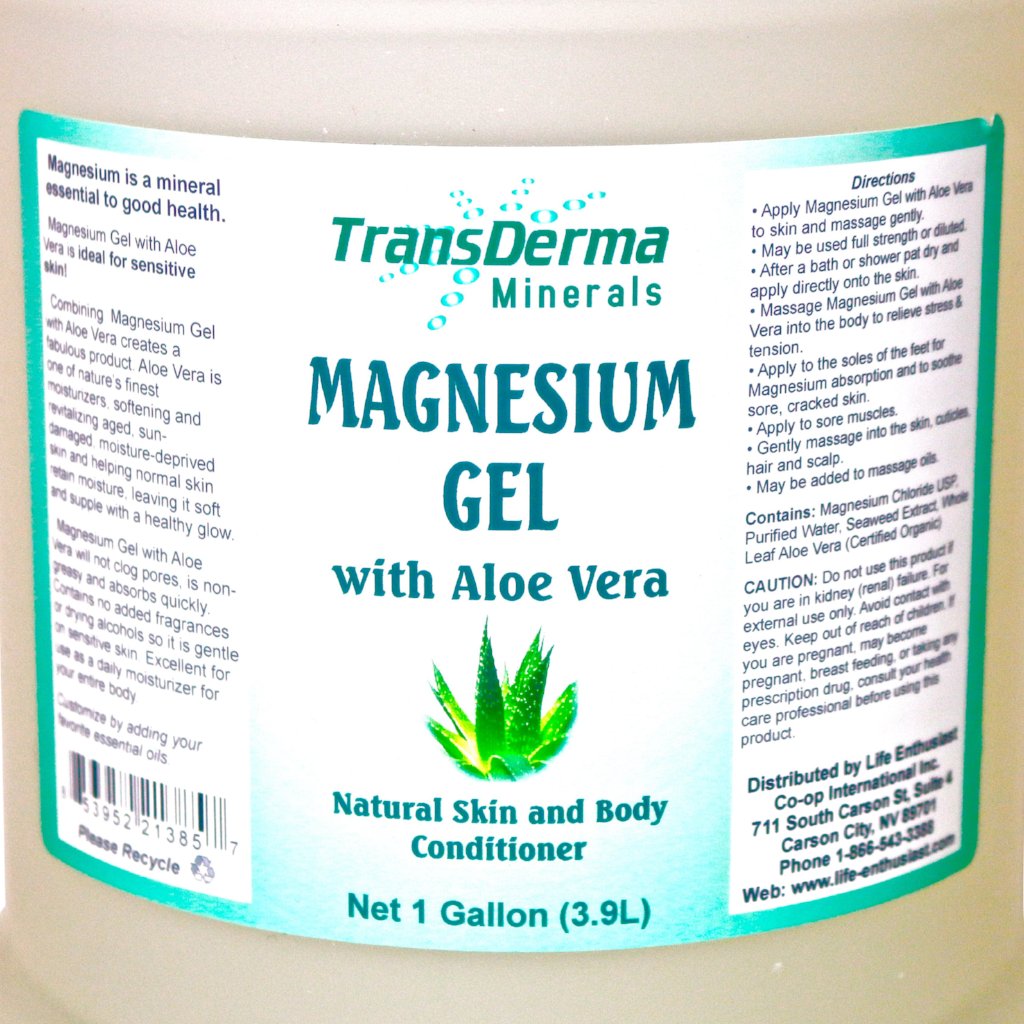

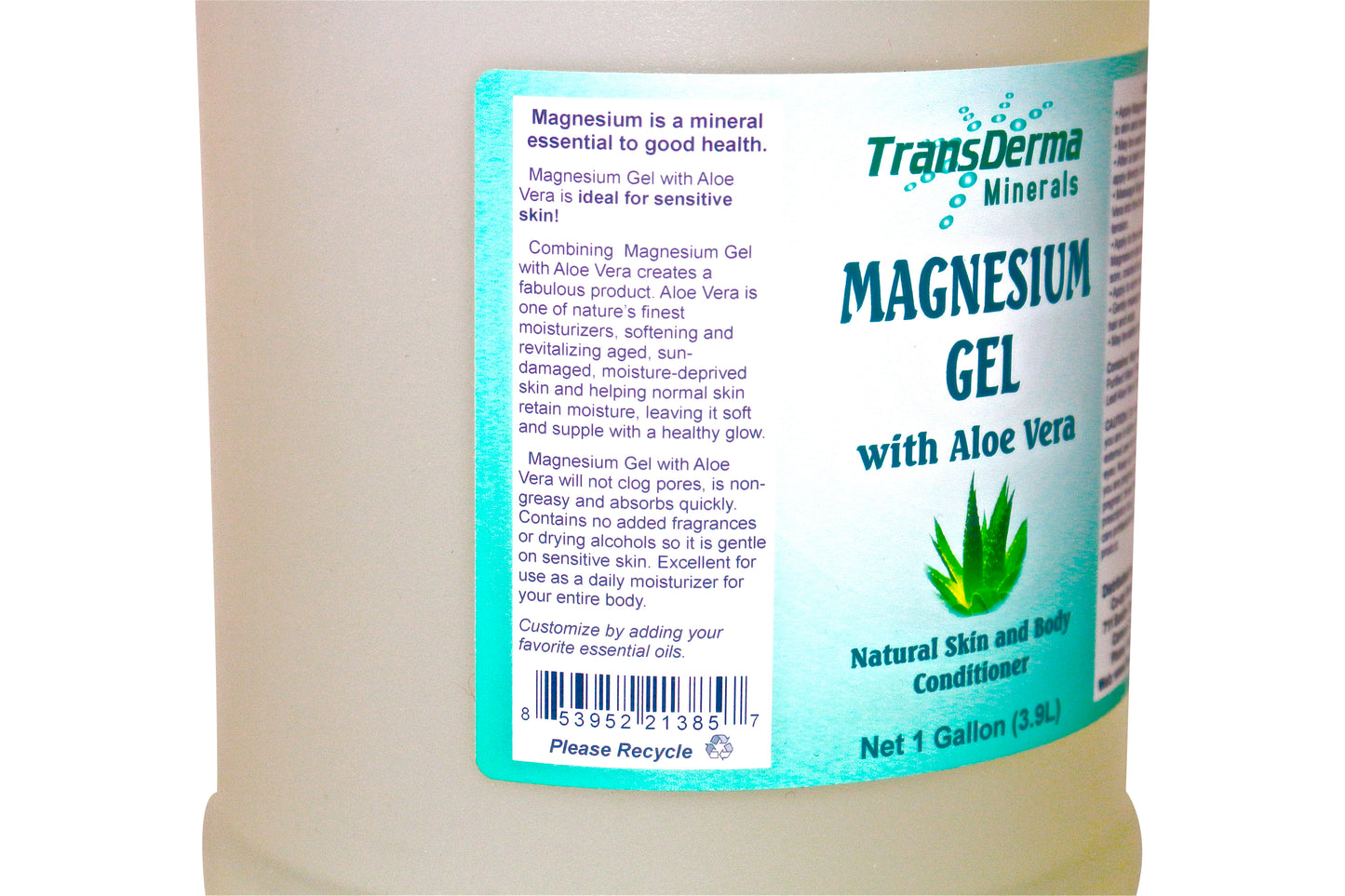
Questions & Answers
Have a Question?
-
What health benefits does iodine supplement provide?
Iodine is an essential trace element that is vital for normal growth and the development of the body. Around 60% of the iodine in the human body is stored in the thyroid gland. Iodine plays an important role in maintaining optimal energy levels of the body by ensuring the efficient utilization of calories, without allowing them to be deposited as excess fats. Some of the health benefits of iodine also include the formation of healthy and shiny skin, teeth, and hair.
Most people are not aware that iodine can be a major booster for the immune system. It is also stimulates the activity of antioxidants throughout the body to provide a strong defensive measure against various diseases, including heart diseases and cancer. If you are not getting enough iodine daily, you may not have as much energy as you would otherwise.
Subsequently, inadequate intake of iodine can adversely affect the muscle, heart, liver, kidney and the developing brain. Some of symptoms of iodine deficiency include depression, difficulty losing weight, dry skin, headaches, lethargy, memory problems, sensitivity to cold, cold hands and feet, brain fog, thinning hair, constipation, shortness of breath, impaired kidney function, and muscle weakness and joint stiffness.
One of the best ways to ensure you are getting adequate iodine is to add iodine supplements in your diet. In fact, the intention of U.S. manufacturers iodizing table salt in the 1920s was to prevent iodine deficiencies. -
Can magnesium be absorbed transdermally (through the skin)?
Yes, in fact, transdermal absorption of magnesium has been shown to be more effective than oral ingestion in some cases. By bypassing the digestive system it goes straight into the bloodstream and is delivered to the cells that need it.
-
Why should I take magnesium supplements?
With an estimated three-quarters of Americans taking in insufficient magnesium, the number of people at risk for chronic deficiency is high. This is especially so among older people, as the ability to absorb adequate amounts magnesium slowly declines with age. The good news is that magnesium supplementation is a safe and effective way for most people to ensure they are getting enough magnesium to stay healthy.
-
What are some of the benefits of magnesium?
Many people in the United States are unaware of how essential magnesium is in our diets. As a results, adequate intake of magnesium is rare. Magnesium is cruicial for various reasons; among those reasons are its anti-inflammatory benefits, migraine prevention and reduction in PMS symptoms. Magnesium has been linked to lower depression in adults. Moreover, studies show that taking magnesium supplements can lower blood pressure. Furthermore, people who get the most magnesium have a lower risk of developing type 2 diabetes, and supplements have been shown to lower blood sugar in some people. Magnesium is also an important factor in muscle relaxation and heart health. It also allows nerves to send messages in the brain and nervous systems.
Symptoms of magnesium deficiency include muscle cramps or tremors, irregular heart beat, fatigue, confusion, and irritability. Without this essential mineral in our diet, it is hard to achieve optimal health.












